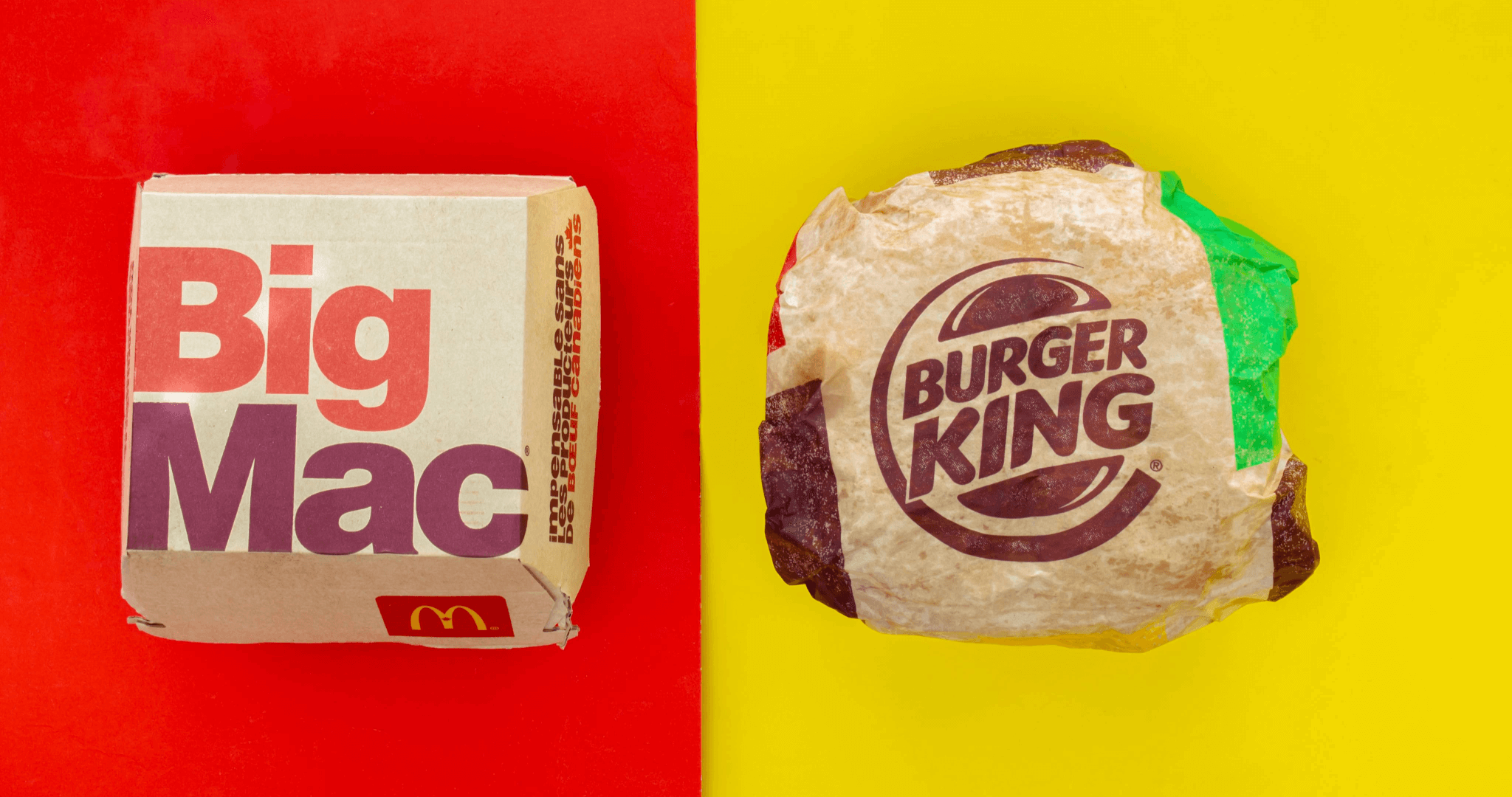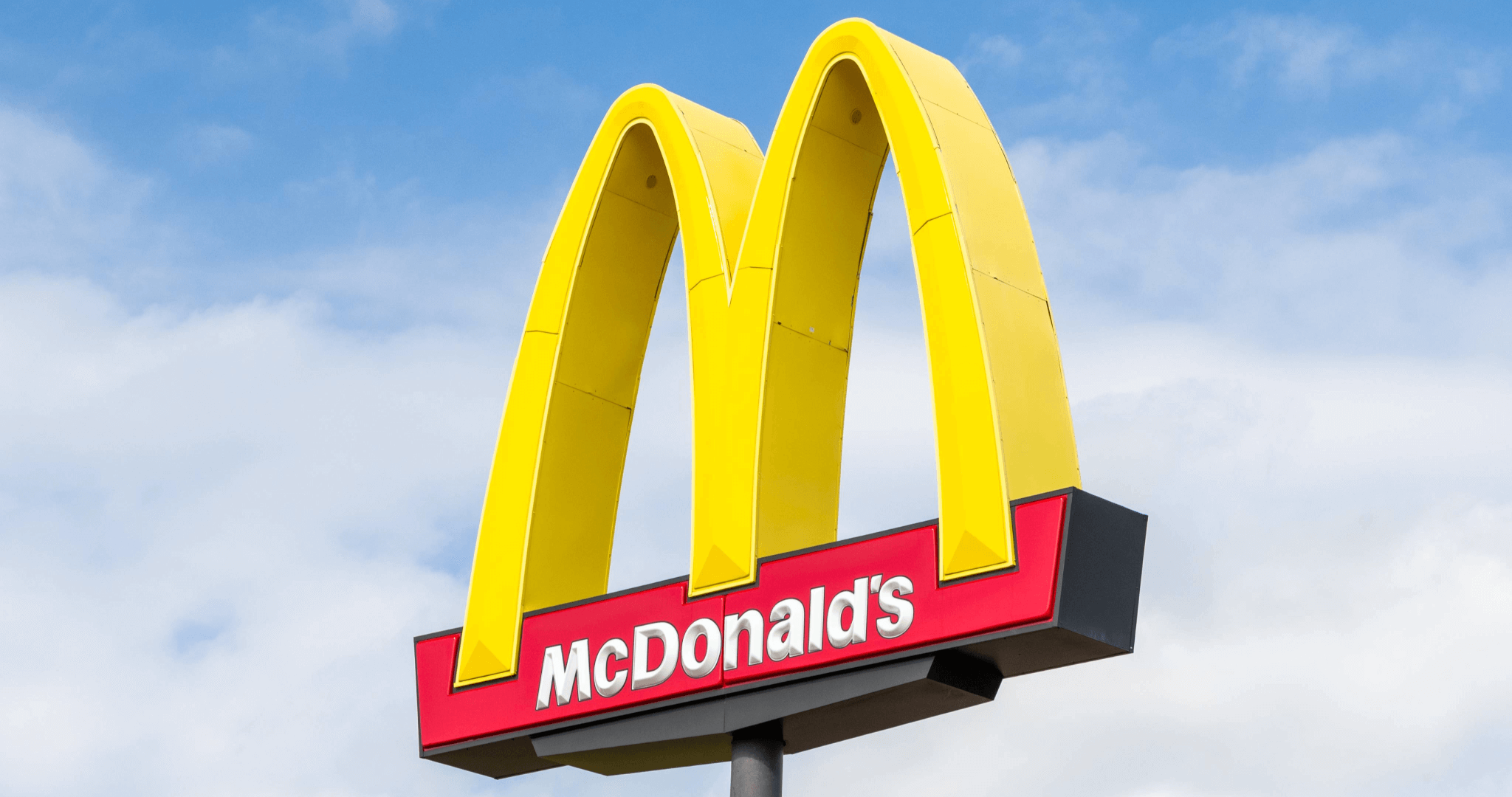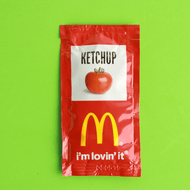The Last Squirt: How McDonald's and Heinz's Partnership Came to a Sticky End
Posted by Emma on 6th Apr 2024
In 2013, the fast-food industry witnessed a significant corporate strategy shift when McDonald's announced the end of its long-standing partnership with Heinz. This decision, marking the ending of a relationship that spanned four decades, serves as a profound case study in strategic realignment and the intricate dynamics of supplier relationships. This article delves into the multifaceted aspects of this split, offering insights into the historical context, strategic considerations, and broader implications for the industry.

For years, McDonald's and Heinz enjoyed a mutually beneficial partnership, with Heinz supplying ketchup to the fast-food giant. However, the relationship was not without its challenges. "McDonald's has always been stringent about its supply chain, requiring suppliers to meet very specific needs tailored to its global operations," explains Dr. Emily Saunders, a professor of Supply Chain Management. Heinz's failure to prioritise McDonald's needs in the past had strained their relationship, laying the groundwork for future discord.
The appointment of Bernardo Hees, a former CEO of Burger King, as the head of Heinz introduced a new layer of complexity to the relationship. Given the competitive landscape, with Burger King being a direct rival to McDonald's, this move raised concerns about potential conflicts of interest. "The fast-food industry is fiercely competitive. Leadership changes that hint at a possible conflict of interest can significantly impact supplier-client relationships," notes industry analyst Mark Thompson.
McDonald's decision to sever ties with Heinz was not made lightly. Internal discussions weighed the risks associated with maintaining a key supplier relationship under the new leadership dynamics. "This decision underscores the importance of strategic alignment in supplier relationships," says a former McDonald's executive who requested anonymity. "Aligning with suppliers who share our operational priorities and strategic objectives is crucial."
The split had immediate and long-term effects on both companies. While Heinz remained a dominant player in the condiment market, losing a client like McDonald's, even if it represented a small portion of its business, had symbolic and financial implications. Conversely, McDonald's had to navigate the shift to other suppliers without impacting its operations or product quality. "The move was strategic, aimed at ensuring the integrity of our supply chain," the former McDonald's executive adds.

The decision by McDonald's to shift its ketchup supply has been a topic of significant analysis. "This is a clear example of how leadership changes at the supplier level can influence major corporate decisions," Thompson remarks. The strategic move by McDonald's highlights the challenges of managing supplier relationships in a competitive and ever-evolving industry landscape.
Though specific financial impacts on Heinz and McDonald's were not publicly disclosed, industry observers speculate that the split had minimal adverse effects on McDonald's operations. Consumer reactions appeared largely unaffected, underscoring McDonald's successful management of the transition. "Consumer loyalty to McDonald's goes beyond a specific brand of ketchup," suggests Dr. Saunders. "Their focus remains on product consistency and quality across their global operations."

Post-split, both McDonald's and Heinz have continued to refine their strategic approaches to supply chain management and partnerships. "This case study highlights the importance of flexibility, strategic alignment, and the ability to navigate changes within the supply chain," concludes Dr. Saunders. For McDonald's, this move was part of a broader strategy to align its supply chain with its global business objectives, ensuring that its suppliers are fully committed to supporting its operational needs.
The dissolution of the McDonald's and Heinz partnership serves as a reminder of the critical importance of strategic supplier management, alignment with corporate objectives, and the potential implications of leadership changes on corporate alliances. This case study not only provides valuable lessons on navigating complex supplier relationships but also highlights the dynamics of corporate strategy within the competitive fast-food industry.

